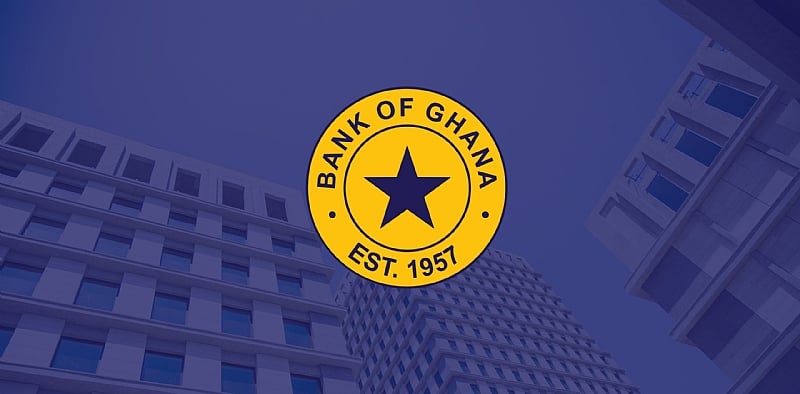The Bank of Ghana’s 2024 financial statements reveal a significant improvement in its financial performance, marked by a substantial reduction in operational losses and a positive net comprehensive gain. The bank reported an operational loss of GH¢9.49 billion, a significant decrease from the GH¢13.23 billion loss recorded in 2023. This improvement signals a more controlled operational environment and potentially more effective management of expenses. Despite the operational loss, the bank achieved a net comprehensive gain of GH¢4.02 billion, a remarkable turnaround from the GH¢9.19 billion loss in the preceding year. This positive shift underscores the bank’s ability to generate income and manage its overall financial position despite operational challenges. The bank’s total assets also witnessed substantial growth, reaching GH¢215.06 billion, a significant increase from GH¢140.41 billion in 2023. This expansion of the asset base provides a stronger foundation for the bank’s operations and future financial stability.
The Bank of Ghana attributes the operational loss primarily to the cost of open market operations, a key tool used by central banks to manage liquidity and influence interest rates. These operations incurred a cost of GH¢8.60 billion, highlighting the financial implications of the bank’s interventions in the money market. Another significant contributor to the operational loss was the impact of revaluation and exchange differences, amounting to GH¢3.49 billion. These fluctuations reflect the inherent volatility of financial markets and the impact of currency movements on the bank’s assets and liabilities. Additionally, currency issue expenses contributed to the overall operational loss. These expenses are associated with the production and distribution of physical currency, an essential function of the central bank.
Despite the operational loss, the Bank of Ghana recorded a substantial improvement in its equity position. The net comprehensive gain of GH¢4.02 billion translated directly into an equivalent increase in equity, reducing the negative equity balance to GH¢61.32 billion. This positive development strengthens the bank’s financial resilience and contributes to its long-term stability. A stronger equity position provides a buffer against potential losses and enhances the bank’s ability to withstand financial shocks.
The timely publication of the 2024 financial statements underscores the Bank of Ghana’s commitment to transparency and accountability. By releasing its financial results in accordance with the Bank of Ghana Act, 2002 (Act 612), as amended, the bank reinforces its commitment to open communication and public scrutiny. This transparency allows stakeholders, including the government, financial institutions, and the public, to assess the bank’s financial performance and understand its strategic direction. The publication of these statements serves as a vital mechanism for fostering trust and confidence in the central bank’s operations.
Looking ahead, the Bank of Ghana reaffirms its unwavering dedication to maintaining price and financial stability, two crucial pillars of a healthy economy. Price stability ensures that inflation remains under control, protecting the purchasing power of citizens and fostering a predictable economic environment. Financial stability safeguards the integrity of the financial system, preventing disruptions and ensuring the smooth functioning of financial markets. By prioritizing these objectives, the Bank of Ghana aims to create a conducive environment for sustainable economic growth and development.
The Bank of Ghana’s 2024 financial performance showcases a journey of recovery and resilience. While challenges remain, the significant reduction in operational losses, coupled with the positive net comprehensive gain and improved equity position, signals progress towards a stronger financial footing. The bank’s commitment to transparency and accountability, reflected in the timely publication of its financial statements, further reinforces its dedication to sound financial management. As the Bank of Ghana continues to navigate the complexities of the economic landscape, its focus on maintaining price and financial stability remains paramount in fostering a stable and prosperous future for the nation.














